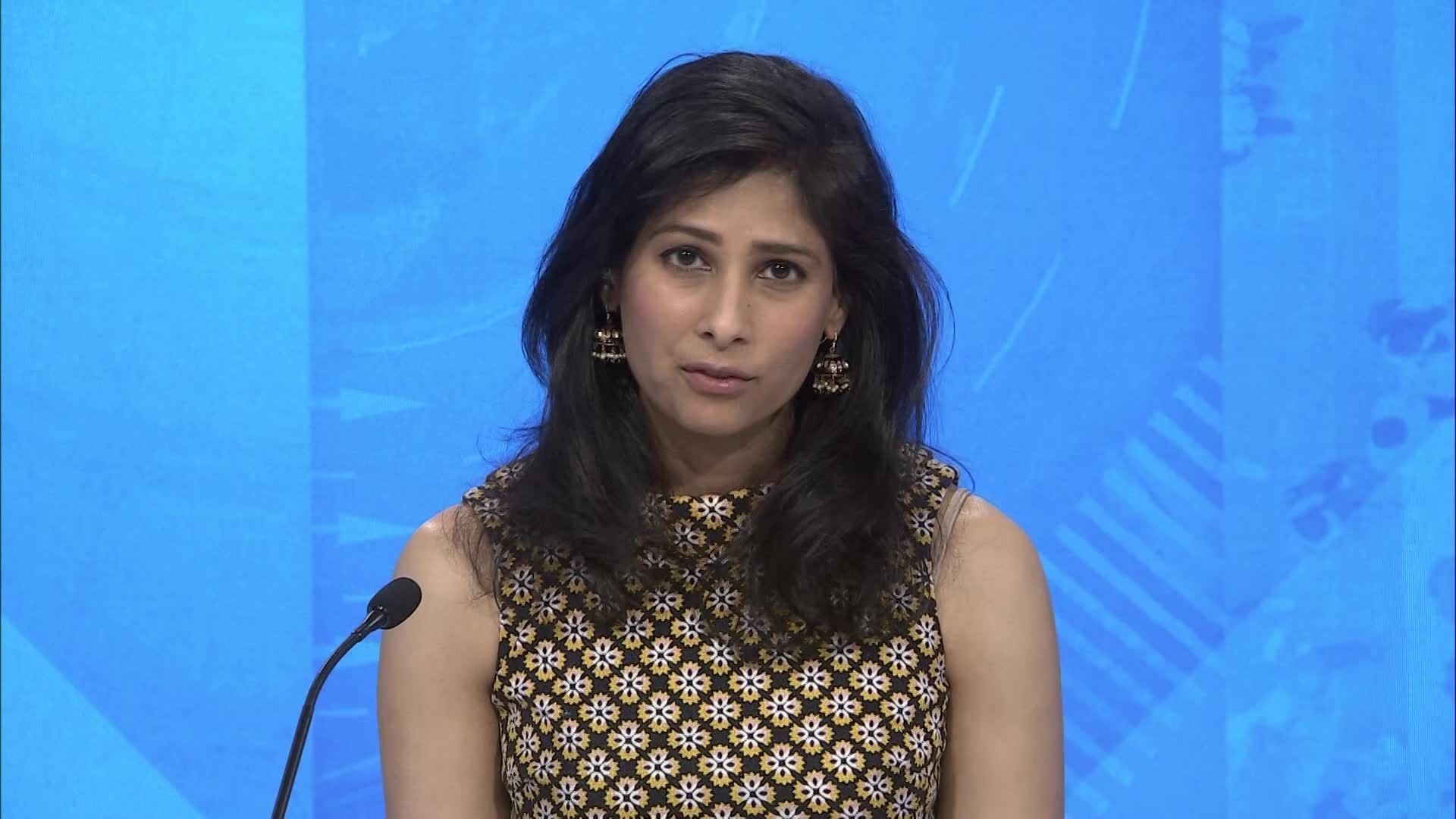Global growth is getting an upgrade, but prospects for recovery are still highly uncertain due to the race between rolling out vaccines and mutations to COVID-19 the IMF says in its latest quarterly update to the World Economic Outlook report (January 20).
“We are now projecting a stronger recovery for the global economy compared with our January forecast, with growth projected to be six percent in 2021 and four-point-four percent in 2022 after an estimated historic contraction of minus three-point-three percent in 2020. Nonetheless, the future presents daunting challenges. The pandemic is yet to be defeated and virus cases are accelerating in many countries,” IMF Head of Research Gita Gopinath told reporters in a virtual briefing.
The global recovery is multi-speed, meaning that some regions and countries such as the United States are performing better than others, Gopinath said.
“Multispeed recoveries could pose financial risks if interest rates in the United States rise further in unexpected ways. This could cause inflated asset valuations to unwind in a disorderly manner, financial conditions to tighten sharply and recovery prospects to deteriorate, especially for some highly leveraged emerging markets and developing economies,” the IMF’s chief economist added.
Countries need to cooperate and share resources to ensure an equitable and rapid distribution of the vaccine.
“Over the past year, we have seen significant innovations in economic policy and massively scaled up support at the national level, particularly among advanced economies that have been able to afford these initiatives. A similarly ambitious effort is now needed at the multilateral level to secure the recovery and build forward better. Without additional effort to give all people a fair shot, across country, gaps in living standards could widen significantly, and decades long progress in global poverty reduction could reverse,” the Indian economist noted.
Reporters asked whether the IMF saw US Secretary of Treasury Janet Yellen’s call for a global minimum corporate tax to avoid a ‘race for the bottom’ competing for companies as a good measure.
“We have for long been in favor of a common global corporate minimum tax. It is a big concern that we have a large amount of tax shifting tax avoidance countries sending money to tax havens, and that's reducing the tax base from which governments can collect revenues and do the necessary social and economic spending that's required. So we are very much in favor of a global minimum corporate tax,” said Gopinath.
The IMF also sees a recovery in Africa this year, but warned of risks to the outlook.
“On the overall situation in sub-Saharan Africa. Last year, the region experienced the historic contraction of negative one-point-nine percent. But we expect a recovery to to resume this year with growth close to three and a half percent and that for that to continue next year,” said Deputy Director of Research Malhar Nabar.
The IMF is recommending that countries with fiscal space to continue to use those resources to provide support to those people and companies in need of help in the crisis.
And reporters asked Deputy Petya Koyeva-Brooks about Brazil, which has faced enormous impact of the Covid-19 pandemic.
“On one hand, we had the positive impact from the U.S. fiscal stimulus. And on the other hand, we had the the more that the higher interest rates which Brazil faced. The other thing I would mention is that what's also underpinning our forecast is the expectation that in this quarter. In the first quarter, we are going to see negative growth. But then in the second quarter, as the impact of the new emergency aid, which was provided in the form of cash transfers, is going to start helping,” she added
A full copy of the report can be found at IMF.org/WEO

